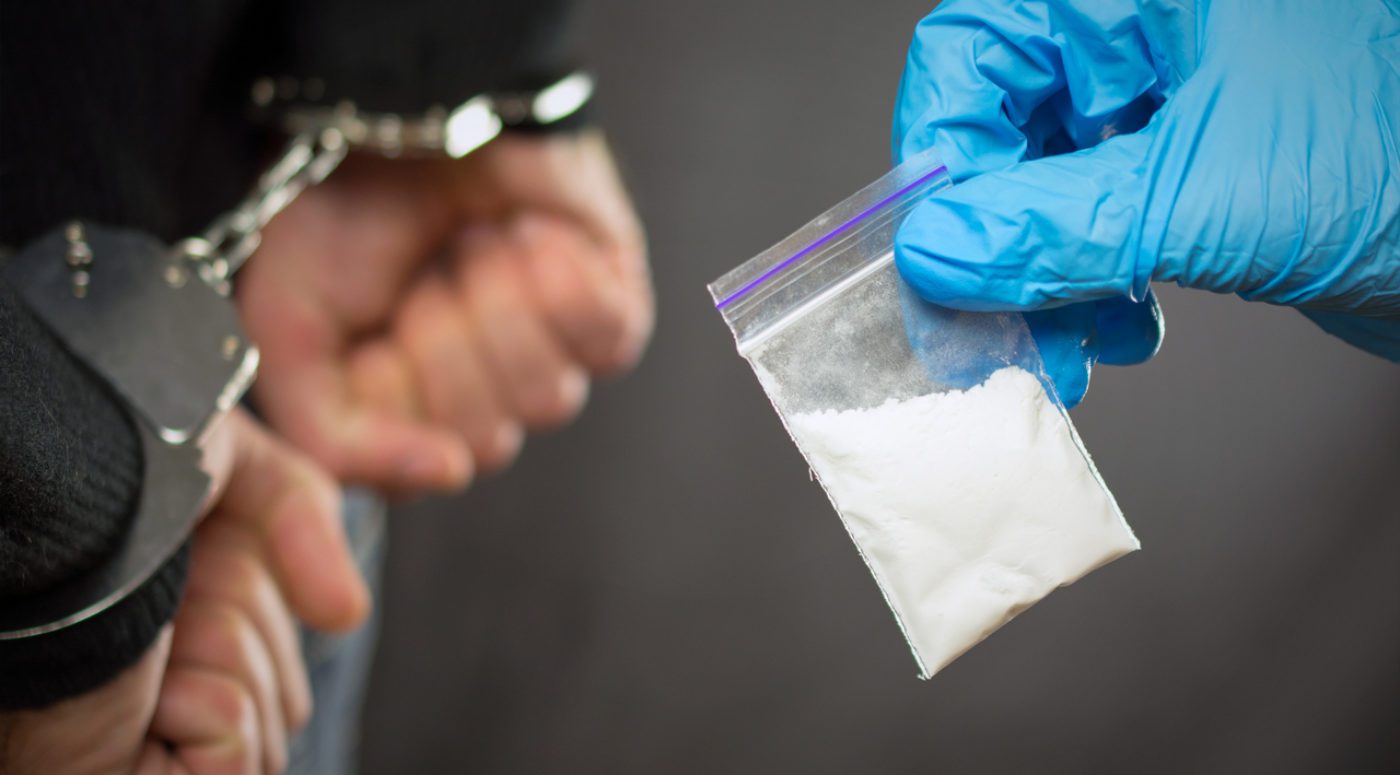

Being accused of cultivating cannabis can be a deeply unsettling experience, especially if you have never been in trouble with the law before. Many people are unsure what to expect, and one of the most common concerns is whether a prison sentence is inevitable, or if there is a possibility of receiving a suspended sentence instead. This article aims to demystify the law around cannabis cultivation, explain how sentencing works, and offer practical guidance for those hoping to avoid immediate custody.
What does cultivation of cannabis mean?
Cultivation of cannabis refers to the act of growing cannabis plants, whether for personal use or with the intention to supply others. This includes everything from a single plant on a windowsill to large-scale operations involving sophisticated equipment. Under the Misuse of Drugs Act 1971, cannabis is classified as a Class B drug, and it is illegal to grow it in any quantity without a Home Office licence.
The offence is not limited to those who own the property where the plants are found. Anyone involved in the process – such as watering, providing equipment, or even allowing their premises to be used – can be charged with cultivation. The law is clear: even if you did not intend to sell the cannabis, simply growing it is a criminal offence.
What sentences are usually given for cultivation of cannabis?
Sentences for cannabis cultivation can vary considerably, depending on the scale of the operation and the circumstances of the individual involved. The Sentencing Council provides guidelines to help judges and magistrates decide on the appropriate penalty.
For small-scale cultivation, particularly where the plants are for personal use and there is no evidence of intent to supply, the court may consider a community order or a fine. However, as the number of plants increases, or if there are signs of commercial activity (such as sophisticated lighting, evidence of sales, or large quantities), the likelihood of a custodial sentence rises.
At the more serious end, large-scale or professional growing operations can attract sentences of several years’ imprisonment. The maximum penalty for cultivating cannabis is 14 years in prison, but this is reserved for the most serious cases.
What is a suspended sentence and how does it work in these cases?
A suspended sentence is a custodial sentence that is not put into effect immediately. Instead, the court sets a period – usually between six months and two years – during which you must stay out of trouble and comply with any conditions imposed. If you breach these conditions or commit another offence during the suspension period, you can be ordered to serve the original prison sentence.
Suspended sentences are designed for cases where the court believes that, although the offence is serious enough to warrant custody, there are strong reasons why you should not be sent to prison straight away. This might include personal mitigation, a low risk of reoffending, or significant impact on dependants.
In cases of cannabis cultivation, suspended sentences are possible, particularly for first-time offenders, those involved in small-scale growing, or where there are compelling personal circumstances.
Is it possible to receive a suspended sentence for cultivating cannabis?
Yes, it is possible, but it depends on the facts of your case. Courts have the discretion to suspend sentences of up to two years, provided they are satisfied that immediate imprisonment is not necessary to protect the public or to mark the seriousness of the offence.
For minor cultivation (such as a handful of plants grown for personal use, with no evidence of supply) a suspended sentence or even a community order is a realistic outcome, especially if you have no previous convictions. The court will look at the scale of the operation, your motivation, and whether there are any signs that the cannabis was intended for distribution to others. If the evidence suggests the plants were solely for your own use, and you have otherwise led a law-abiding life, the court may be persuaded that a suspended sentence is appropriate.
That said, if the court believes the operation was intended for commercial gain, or if there are aggravating features (such as involvement of children, use of stolen electricity, or links to organised crime), a suspended sentence becomes less likely. The presence of sophisticated growing equipment, large numbers of plants, or evidence of previous similar offending can all tip the balance towards an immediate custodial sentence.
Note that the court will consider any mitigating factors, such as genuine remorse, cooperation with the authorities, or personal circumstances that would make immediate custody particularly harsh. Each case is assessed on its own merits, and the quality of your legal representation and the information put before the court can make a significant difference to the outcome.
Ultimately, while a suspended sentence is possible for cultivation of cannabis, it is by no means guaranteed. The best way to maximise your chances is to present a strong case in mitigation and to seek early advice from a solicitor experienced in drug offences.
What factors will the court consider when deciding on a suspended sentence for cannabis cultivation?
When deciding whether to suspend a sentence, the court will look at a range of factors, including:
- Scale of the operation: The number of plants, the level of sophistication, and whether the set-up suggests personal use or commercial intent.
- Role and involvement: Whether you were the main organiser, a minor participant, or simply allowed your property to be used.
- Previous convictions: A clean record will weigh in your favour, while a history of similar offences will make a suspended sentence less likely.
- Personal circumstances: The court will consider your age, health, family responsibilities, employment, and any evidence of vulnerability or coercion.
- Remorse and cooperation: Admitting the offence, showing genuine regret, and cooperating with the investigation can all help your case.
- Risk of reoffending: If the court is satisfied that you are unlikely to commit further offences, this increases the chances of a suspended sentence.
- Impact of custody: If imprisonment would cause exceptional hardship to you or your dependants, the court may be more inclined to suspend the sentence.
How serious does cannabis cultivation have to be for a prison sentence?
While not every case of cannabis cultivation leads to prison, the courts do take this offence seriously. The more plants involved, and the more evidence there is of commercial activity, the greater the likelihood of a custodial sentence.
For example, growing a few plants for personal use, with no evidence of supply, may result in a community order or a suspended sentence. However, if you are found to be running a large-scale operation, or if there are aggravating factors such as previous convictions or involvement of others, a prison sentence is much more likely.
The court will also consider whether there are any exceptional circumstances that might justify a more lenient approach, such as serious health problems, evidence of exploitation, or a genuine lack of understanding of the law.
What can I do to improve my chances of receiving a suspended sentence for cannabis cultivation?
If you are facing prosecution for cultivating cannabis, there are several steps you can take to improve your prospects of avoiding immediate custody:
- Secure specialist legal advice: An experienced criminal defence solicitor can help you understand the case against you, advise on plea options, and present your circumstances in the best possible light.
- Demonstrate remorse: Accepting responsibility and expressing genuine regret for your actions can make a significant difference.
- Cooperate with the authorities: Assisting the police, providing information, or entering a guilty plea at an early stage can all be taken into account by the court.
- Address underlying issues: If your involvement was linked to addiction, mental health difficulties, or financial hardship, taking steps to address these problems – such as engaging with support services – can be persuasive mitigation.
- Provide evidence of your circumstances: Letters from employers, family members, or support workers, as well as medical reports, can help the court understand why a suspended sentence would be appropriate.
- Show stability and low risk: Evidence of stable housing, employment, or strong community ties can reassure the court that you are unlikely to reoffend.
Remember, the court will look at the whole picture. The more you can do to show that you are taking responsibility and making positive changes, the better your chances of receiving a suspended sentence.
Where to get more help
Facing a charge of cultivating cannabis can be overwhelming, but you do not have to go through it alone. In the first instance, contact a criminal defence solicitor with experience in drug offences, like those at Stuart Miller Solicitors. We can guide you through the process and help you achieve the best possible outcome. Contact us today for a free consultation about your options.
OUR COMMITMENTS TO YOU:
-
Responsive
A legal expert will consult you within 24 hours of making an enquiry.
-
Empathetic
We will always treat you with trust, understanding and respect.
-
Specialised
Your case will be handled by an expert who specialises in your type of offence.
-
Proactive
We will take early action to end proceedings as soon as it is practically and legally possible to do so.
-
Engaged
You will be kept updated on your case at all times. We will provide a named contact available to answer your questions.
-
Caring
We understand this is a difficult and stressful time for you and your family. Our team will support you every step of the way.
-
Tenacious
We will never give up on your case. We fight tirelessly to get you the best possible outcome.

